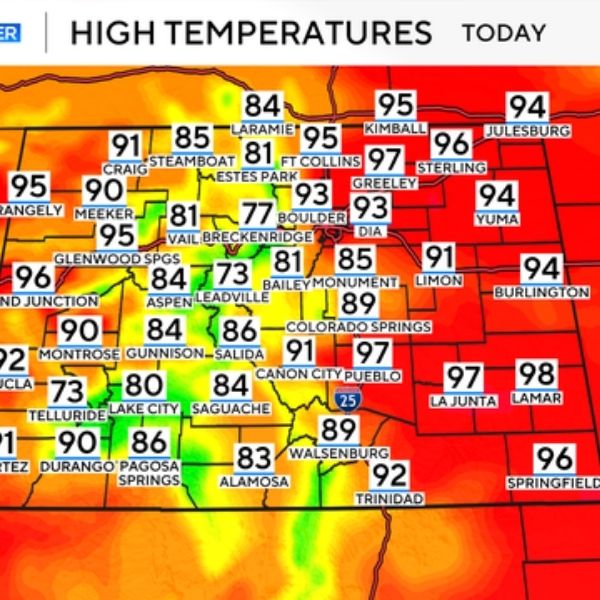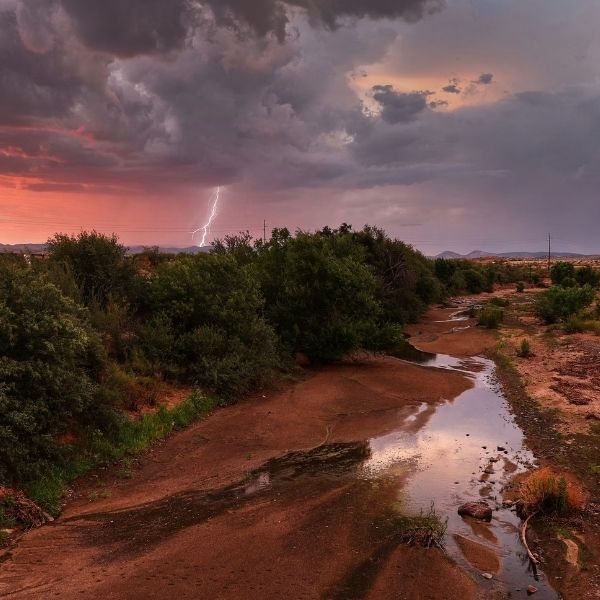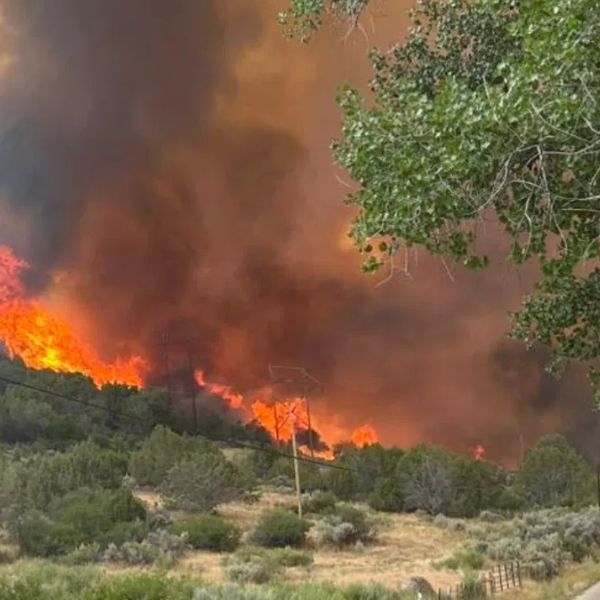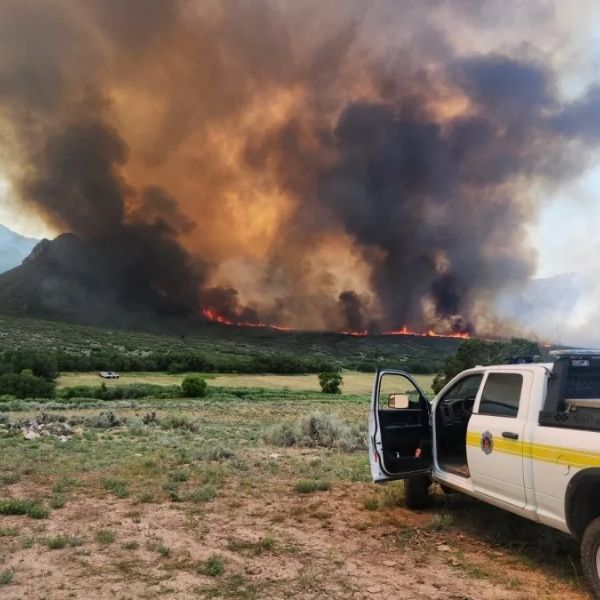Just weeks before the new school year, Colorado’s K-12 districts are scrambling to preserve programs and staff after more than $70 million in federal grants were suddenly frozen.
On June 30, the Trump administration announced it would withhold nearly $6.8 billion in education funding nationwide, halting the expected July 1 distribution. For Colorado, this pause means over $70 million in missing grants—or nearly $80 million when adult education is included—according to the Colorado Department of Education.
“This is kind of unprecedented in terms of the timing and level of uncertainty around these funds,” said Wayne Peel, the department’s chief financial officer, during a roundtable with Governor Jared Polis. The freeze impacts over 881,000 Colorado students and leaves districts unsure how to proceed with plans already in motion.
The grants, approved by Congress and signed into law in March, were already allocated to pay for salaries, materials, and key programs. Now, districts are being forced to consider cutting services, reducing hours, and laying off staff.
“Without a doubt, people will lose jobs with very little notice,” said Kathy Gebhardt, a state education board member. Sherri Wright, another board member, confirmed the department had paused all hiring and raises amid the uncertainty.
Rural Communities Hit Hardest
The U.S. Department of Education claims the freeze is to ensure funds align with the administration’s priorities. But many fear the abrupt halt will hit the most vulnerable students and families the hardest.
The grants cover a range of Title I–IV programs, including educator development, English learner services, and support for migrant students. Wright highlighted how many rural areas rely on this funding to help migrant families and maintain crucial programs.
Colorado receives roughly 13% of its total K-12 funding from the federal Department of Education. In districts like Lake County, the withheld $400,000 represents two-thirds of its budget. Others facing major losses include:
-
Mesa County Valley: $2,079,645
-
Lake County: $474,900
-
East Grand: $337,901
-
Eagle County: $336,044
-
Roaring Fork: $320,444
-
Garfield: $296,280
Smaller impacts were reported in:
-
Steamboat Springs: $73,819
-
Aspen: $35,132
-
South Routt: $19,433
Superintendents have started warning staff about potential job or salary cuts. Lake County School District Superintendent Kate Bartlett said they’re on a 10-day deadline to finalize plans.
Rural schools already face challenges from educator shortages and low per-pupil funding. Colorado ranks 49th in teacher salaries nationwide. Gebhardt noted that high-poverty districts are most at risk, especially as many working parents rely on before- and after-school programs for meals and care due to long commutes.
“If these funds don’t materialize, we can either reduce staff and run a lean version of our current offering, or cut back on hours, days, and services,” Bartlett said.
Impact on After-School Programs
The Boys & Girls Clubs, serving about 70,000 children statewide, is among the nonprofits reliant on the frozen grants. Executive Director Stuart Jenkins said they may soon notify parents in Denver and Pueblo that programs could shut down. Clubs in Moffat and Routt counties won’t be affected since they don’t use 21st Century Community Learning Center funds.
“If these funds don’t come through, we’ll have to reduce hours and serve fewer kids as time goes on,” Jenkins explained.
Legal and Political Fallout
The Trump administration has redirected all questions to the Office of Management and Budget, a move Gebhardt says signals a lack of concern for how cuts affect students and families.
Colorado’s Democratic congressional delegation, led by Sen. Michael Bennet, has sent a letter demanding answers from Education Secretary Linda McMahon. State Education Commissioner Susana Córdova has also written to express concern.
Although a special legislative session is possible, Polis warned it would likely focus on cutting health care—not restoring education funds. Any legal fight to recover the money would require state-level court action, which hasn’t yet been taken.
Gebhardt said it’s time to confront the limits Colorado faces due to its unique financial restrictions, such as TABOR. “The federal government is taking this money away, and they are primarily responsible,” she said. “But our own hands are tied too.”
Polis added, “What we have learned is that you can’t count on anything until the money’s actually in the bank, and even then, you may not be able to count on it.”
“This ride is not over, unfortunately,” Gebhardt concluded.
This article has been carefully fact-checked by our editorial team to ensure accuracy and eliminate any misleading information. We are committed to maintaining the highest standards of integrity in our content.
















Leave a Reply